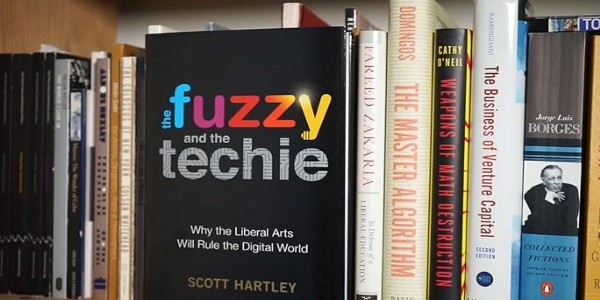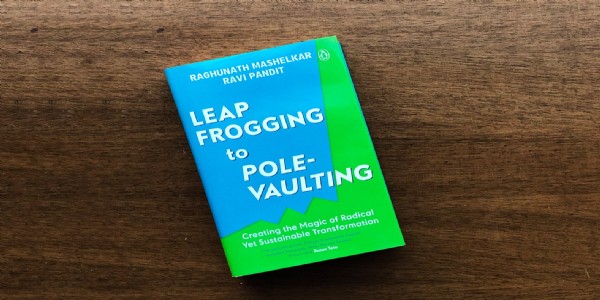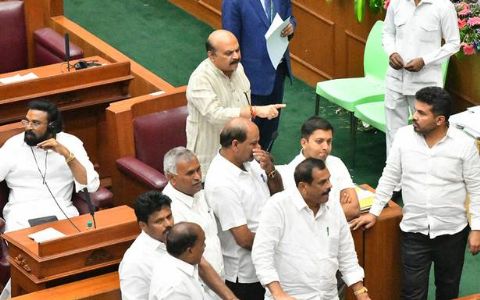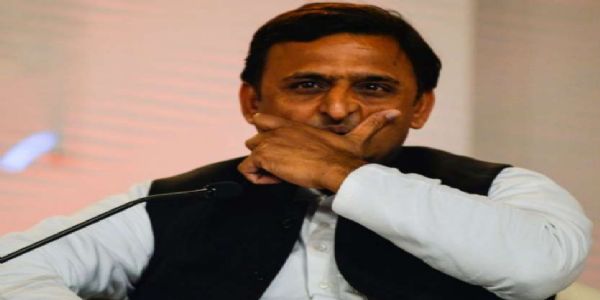Budget 2021, a part of 4-5 mini budget packages already conferred, says PM on day 1 of Session
Total Views | 65
New Delhi, January 29: Commencing the first day of the Budget session of the decade, PM Modi on Friday said that this Budget session would be very important for the bright future of India. "This decade should be fully utilised. Keeping this in mind, there should be discussions in this session focussing on the decade, this is expected by the nation. I believe that we will not lag behind in making our contribution for the fulfilment of people's aspiration", he said addressing the media before the parliament session began.
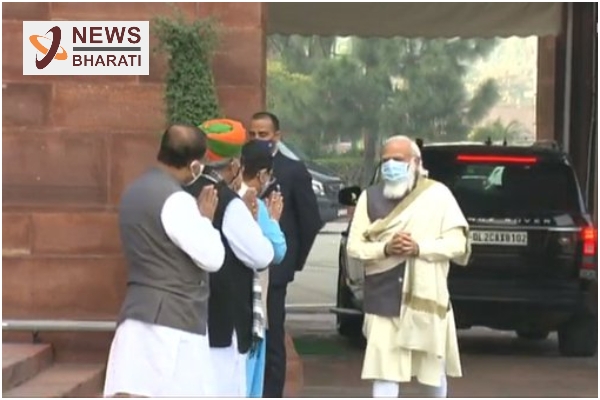
"A golden opportunity has come before the nation to fulfill the dreams seen by the freedom fighters. This is the Budget Session. For the first time in India's history, in a way, the Finance Minister had to present 4-5 mini budgets in 2020 in the form of different packages. So this Budget will be seen as a part of those 4-5 mini budgets, I believe this", he added.
Speaking at the start of the Budget Session. https://t.co/qhQMTEXOsG
— Narendra Modi (@narendramodi) January 29, 2021
Meanwhile, the very first day of the Budget session witnessed acrimonious scenes, with the opposition parties preparing a strategy to corner the government on issues like farmer protest, recession, job losses, handling of COVID crisis and LAC stand-off with China. A total of 18 Opposition parties including the Congress, Nationalist Congress Party, National Conference, Dravida Munnetra Kazhagam, Trinamool Congress, Shiv Sena, Samajwadi Party, Rashtriya Janata Dal, Communist Party of India (Marxist), CPI, Indian Union Muslim League, RSP, Peoples Democratic Party, MDMK, Kerala Congress (M) and the All India United Democratic Front had earlier announced to boycott the President's address.
The Shiromani Akali Dal and Aam Aadmi Party also separately announced their decision of boycotting the President's address. There are over 20 opposition parties in Parliament. The President's address will be followed by the presentation of the Economic Survey. The Union Budget will be presented by Finance Minister Nirmala Sitharaman on February 1. Both the Houses will also debate on the Motion of thanks to the President's address after the budget presentation. The session will be held in two parts, January 29 to February 15 and March 8 to April 8 and will have a total of 33 sittings.
.
.
Bharati Web




